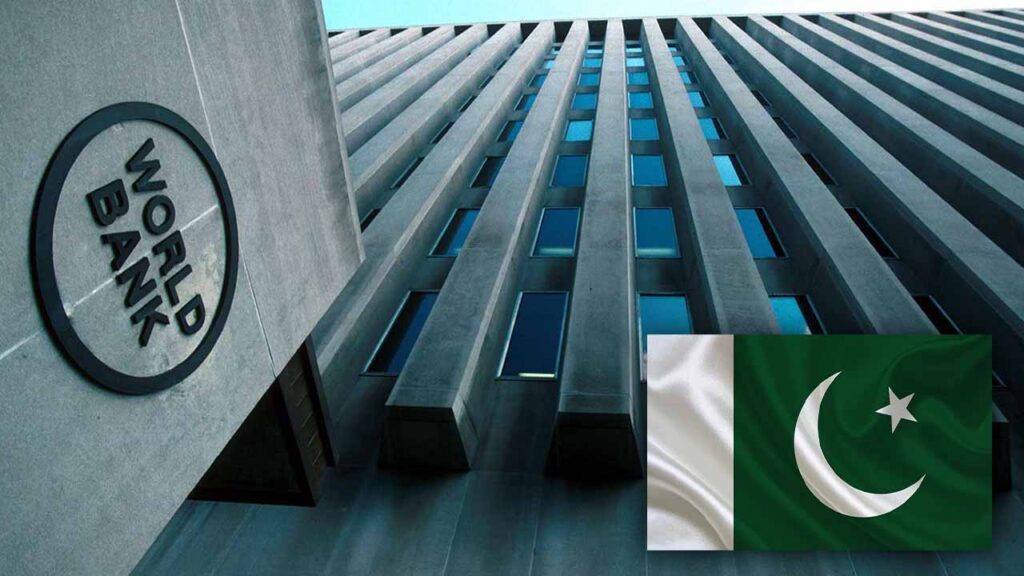- Web
- Feb 05, 2026
World Bank approves $149.7 million for Pakistan’s digital economy
-

- Web Desk
- Mar 23, 2024

WEB DESK: The World Bank’s Board of Executive Directors has given the green light to provide Pakistan with $149.7 million in funding for two significant projects: the Digital Economy Enhancement Project (DEEP) and the Sindh Barrages Improvement Project (SBIP).
Under the Digital Economy Enhancement Project, a sum of $78 million has been allocated to bolster digitally enabled public service delivery for both citizens and businesses. This initiative aims to broaden access to essential services through digital means.
Concurrently, an additional financing of $71.7 million has been earmarked for the Sindh Barrages Improvement Project. This funding will be directed towards enhancing flood resilience and bolstering the reliability, safety, and management of the three key barrages in Sindh.
Najy Benhassine, the World Bank Country Director for Pakistan, highlighted the importance of fortifying infrastructure, particularly in the aftermath of the devastating floods experienced in 2022. He stressed the necessity of reinforcing barrages and their management systems to mitigate the impact of such calamities.
Furthermore, he underscored the significance of nurturing Pakistan’s digital economy to foster economic and social progress. This entails expanding connectivity and facilitating access to government and financial services, particularly for women and entrepreneurs.
The Digital Economy Enhancement Project will focus on developing digital authentication and data-sharing platforms to enhance Pakistan’s ability to respond swiftly and efficiently to crises. It will also aim to streamline e-government services and enact regulatory reforms to promote private sector participation while safeguarding personal data and online security.
Moreover, the project aims to promote financial inclusion, particularly among women, by facilitating access to banking services and credit through smartphone applications. Efforts will also be made to address barriers such as limited mobility and digital literacy.
The project recognises the growing demand for digital government services nationwide, necessitating improvements in connectivity, digital payment systems, and secure digital transactions. It adopts a comprehensive approach to digital transformation, ensuring inclusivity and trustworthiness in digital platforms.




